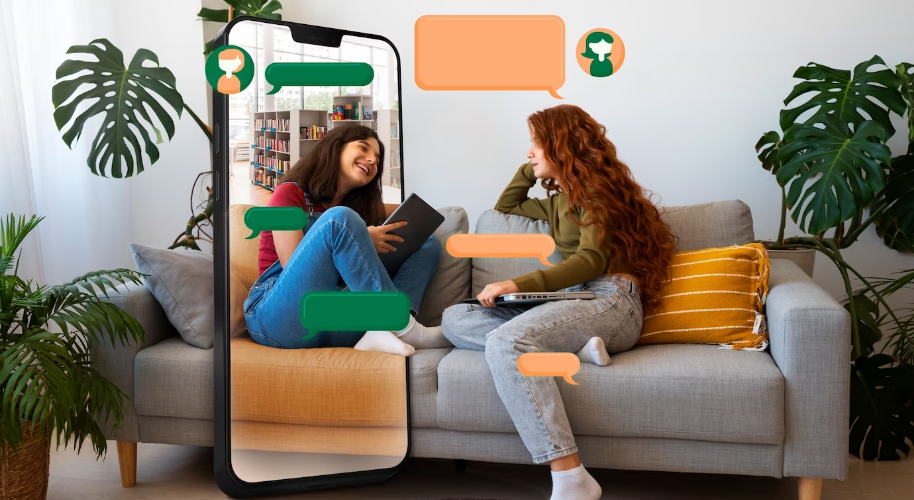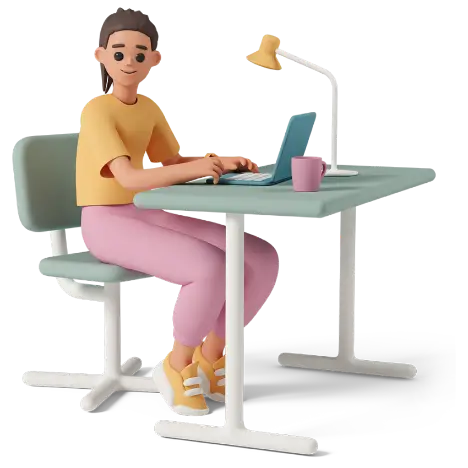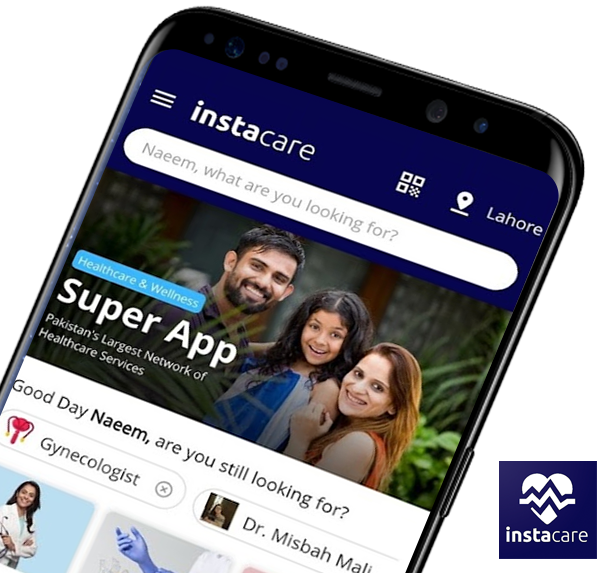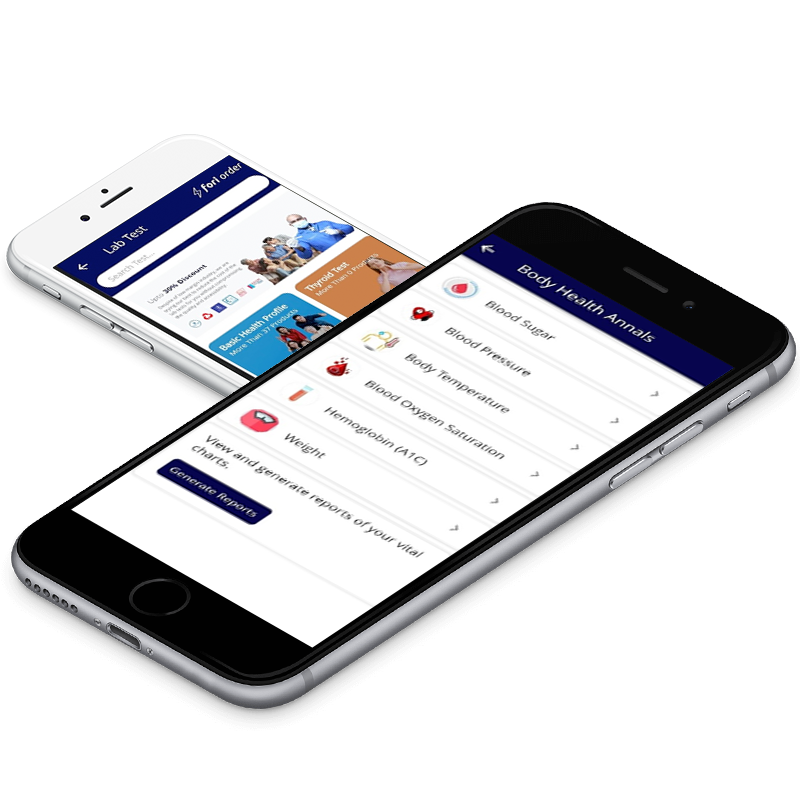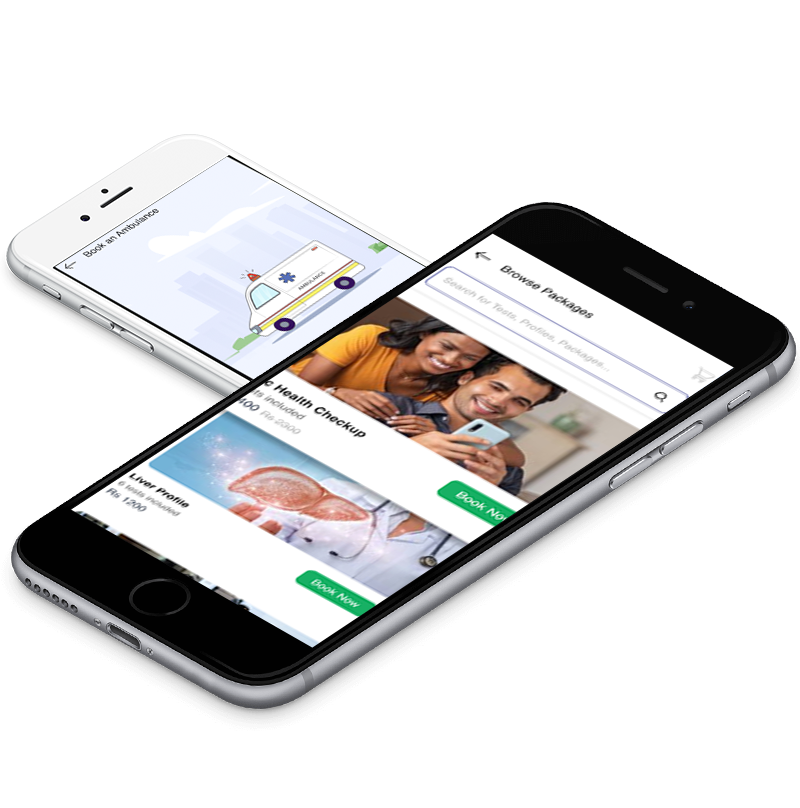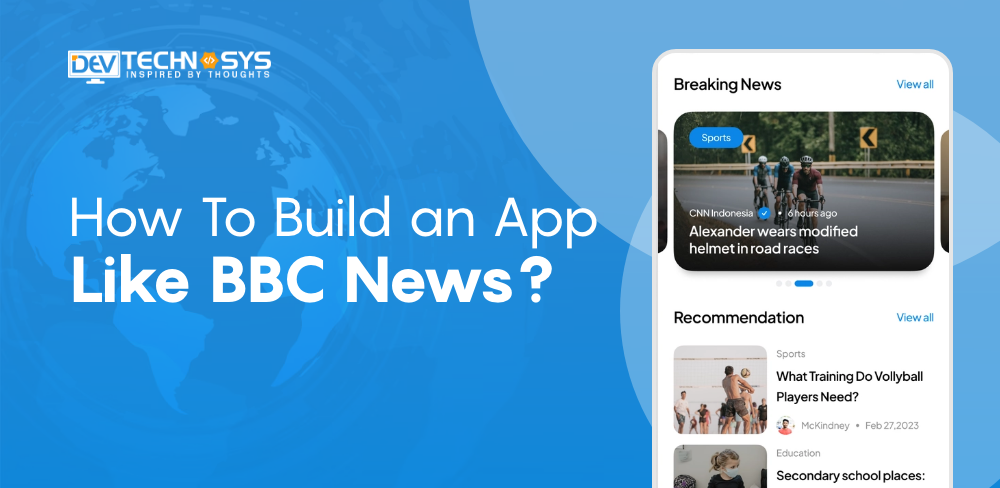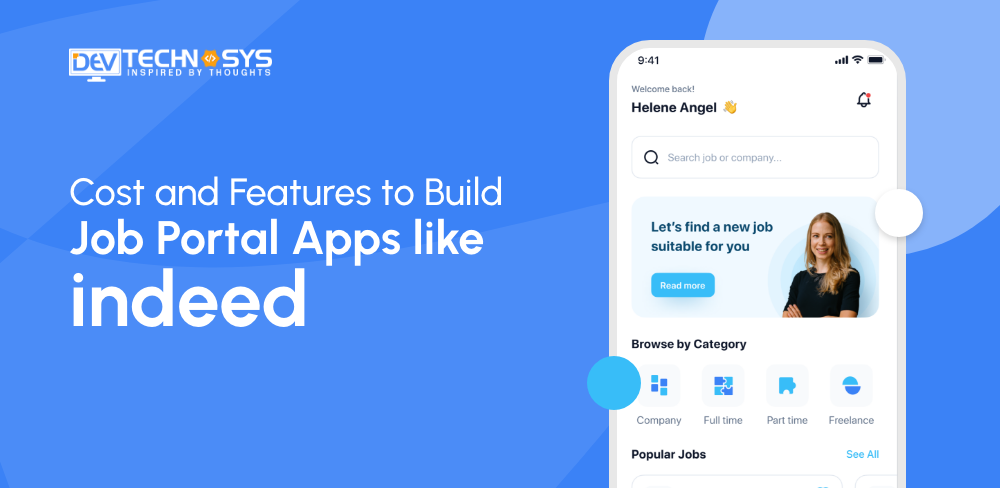-
Information and Education
These sites provide information on mental illnesses, their symptoms, and treatments. It helps users learn more about their mental health and also provides information on available resources.
-
Self-Assessment
Many mental health app developments provide self-assessment features that allow users to assess their mental health. These assessments can help track progress and identify issues.
-
Mood Tracking
The app allows users to log their moods and feelings, which helps them identify patterns and triggers. This information can be useful for self-awareness as well as sharing with mental health professionals.
-
Therapeutic Techniques
Apps that incorporate therapeutic techniques such as mindfulness, cognitive-behavioral treatment (CBT), or relaxation exercises are available. These techniques can be used to help manage stress, depression, and anxiety.
-
Support and Connection
Some mental health app development allows users to connect through video, chat, forums, or chat with mental health professionals, peer support groups, or peers.
-
Reminders and Goal Setting
The app allows users to set goals and receive reminders about self-care, medication, or appointments. It helps them maintain consistency in managing their mental health.
-
Safety and Privacy:
These apps are focused on ensuring data security and privacy. To protect sensitive data, they often adhere to strict privacy regulations.
Mental health app development is designed to empower people to be more active in their mental health by providing them with tools, information, and support. They are not meant to replace professional care. Users with serious mental health issues should consult a trained healthcare provider.
Top 10 Mental Health Apps
Numerous mental health app development boast vast user bases in the market. Understanding your competition is vital when considering the creation of an app similar to Calm. In this section, we highlight some prominent players in the mental health app development landscape.


